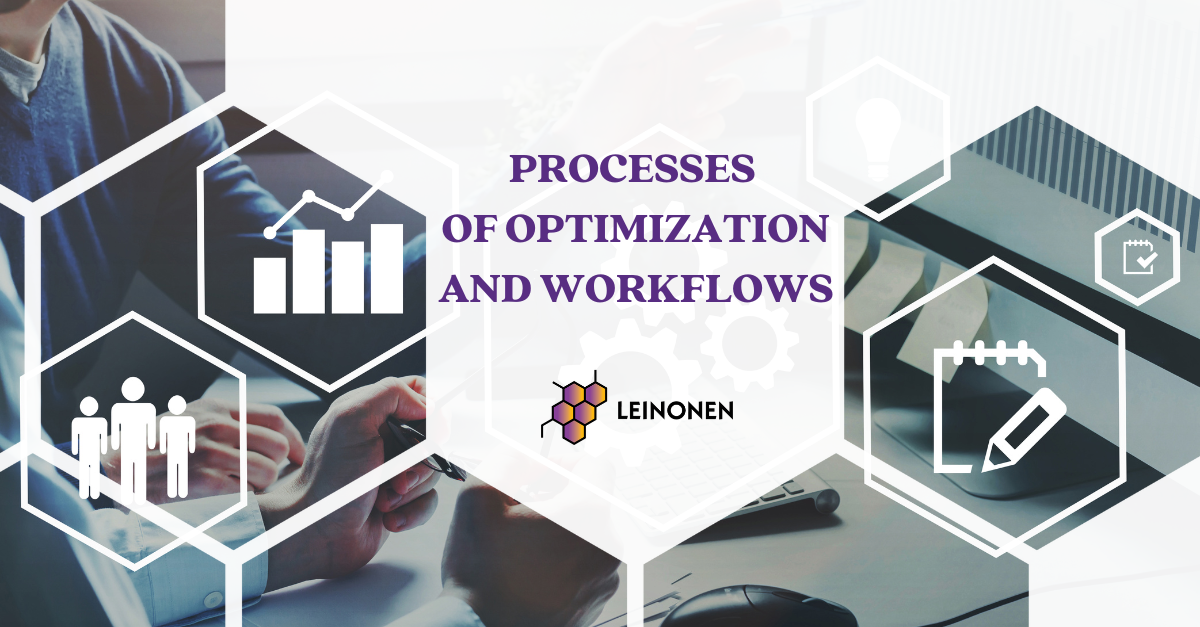In today’s swiftly evolving business and technological landscape, accounting practices have undergone significant transformations. Companies relying on outdated systems and manual methods for tasks like invoicing, banking, or reporting are at risk of lagging behind. Embracing new technologies and software tools is vital to staying competitive in this dynamic environment.
Transitioning to digital systems might seem like a formidable task, but companies can navigate this shift by following specific steps:
- Evaluate Current Systems: Identify areas for digital enhancement—communication, data management, customer service, and marketing.
- Set Clear Objectives: Define precise goals aligned with the company’s overall strategy for implementing digital systems.
- Choose Tailored Solutions: Research and adopt systems that align with specific needs and goals, seeking guidance from experts if needed.
- Gradual Implementation: Opt for a phased introduction of digital systems to ensure a smooth transition without disrupting daily operations.
- Train and Support Staff: Provide comprehensive training and ongoing support to employees to facilitate successful system adoption.
- Continuous Assessment: Regularly monitor and evaluate the efficiency of digital systems, making necessary adjustments along the way.
Automating accounting processes enhances efficiency, accuracy, and profitability, enabling accountants to focus on higher-value tasks like analysis and strategic decision-making.
There exist various cutting-edge optimization solutions in accounting:
- Cloud-based Accounting Software: Real-time access for easier financial management and collaboration.
- Automation Tools: Streamline bookkeeping and reporting, saving considerable time and effort.
- Data Analytics: Offer valuable insights into financial data, supporting informed decision-making.
- Integration with Other Systems: Improved collaboration ensures more accurate financial data across various business functions.
- Mobile Accounting Apps: Allow managing finances seamlessly on-the-go, covering tasks like invoicing, expense tracking, and reconciliations.
As businesses adapt to these advancements, ongoing technological progress will further revolutionize accounting practices, enabling firms to provide even more value-added services to their clients.





